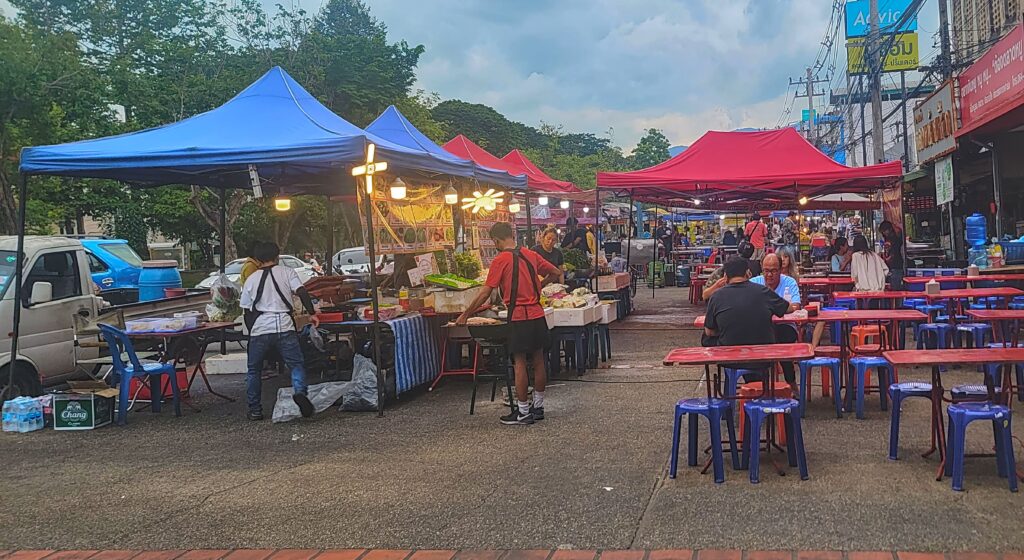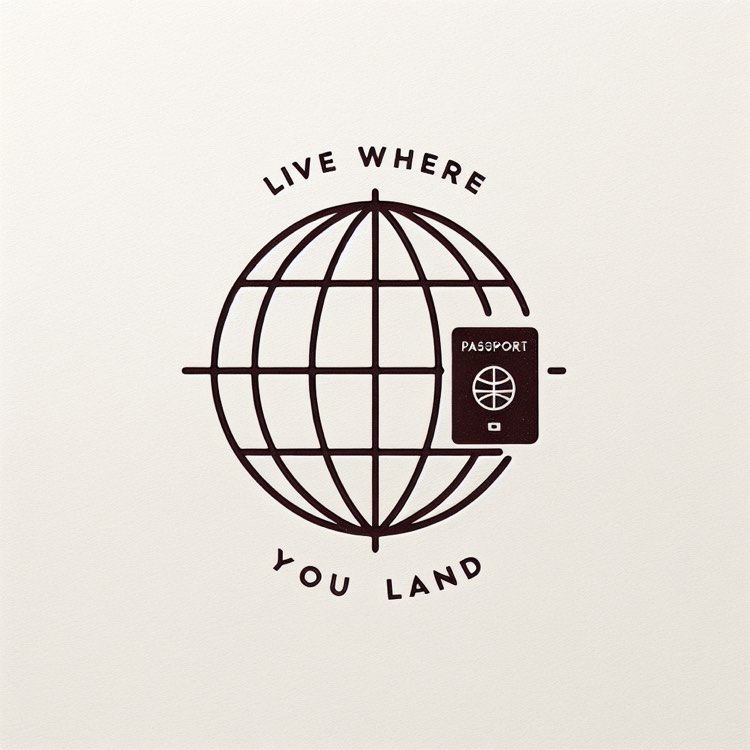
Traveling is an incredible way to explore the world, experience new cultures, and broaden your horizons. However, it’s crucial to travel ethically to ensure that our adventures do not harm the places and people we visit. Ethical travel helps preserve destinations for the locals who call them home and for future generations of travelers. Here are five tips to help you travel responsibly and make a positive impact on the world.
1. Respect Local Cultures: Engage with Communities Ethically
Engaging with travel communities can significantly enhance your journey and help you make lasting connections. Participate in online forums, social media groups, or local expat communities to connect with like-minded travelers and locals. Reading blogs and watching YouTube videos can provide valuable insights into local norms and culture. Before arriving, consider finding a local guide or scheduling a free walking tour to familiarize yourself with the area. Research is extremely important when visiting a new place. Get yourself acquainted with the way the locals live and the rules and laws of the places you will visit. The more you know before you arrive, the better off you will be. For instance, dressing modestly in Thailand is crucial in their culture. Be respectful and dress accordingly. If you are unable to dress modestly, then maybe you should pick a different destination. This tip is for your comfort and the locals. Learning to speak a few words and phrases in the local dialect will open many doors and show your appreciation for their culture. This small effort can make a big difference in your interactions. Resources like Duolingo or Memrise can help you learn basic phrases before you go.
2. Support Local Businesses: Empower Communities Through Your Spending
When visiting a new place, step outside your comfort zone and shop locally instead of the chain stores you are accustomed to. You will gain a better understanding of how the world works while making a difference in the lives of the community you are visiting. Eating locally is one of the best ways to learn about a culture. So much can be learned by sharing a meal with locals: traditions, customs, and stories. Take the time to enjoy a local meal whenever possible. Similarly, staying local gives you an opportunity to get a local perspective and a more authentic experience. Websites like EatWith offer unique dining experiences with locals around the world.
3. Reduce Your Environmental Impact
A great way to help keep travel sustainable is to ride public transportation. This helps give you some cultural immersion as well as save money, and time (in some cases), and helps cut down on our carbon footprint. Bring a reusable bottle and bags as much as possible. Limiting plastic use is always beneficial to the environment. Convenience is key on the road, but planning ahead can really help. When choosing accommodations, look for hotels and lodgings that prioritize sustainability and environmental conservation. Many places now offer eco-friendly options that support green practices, making it easier to travel responsibly. Websites like EcoHotels can help you find sustainable accommodations.
4. Be Mindful of Wildlife: Choose Ethical Wildlife Experiences
Avoid unethical wildlife attractions. Do your research and make sure they take care of their animals and that they aren’t being mistreated for your pleasure. Always keep your distance from wildlife; this is for your safety and theirs. Choose tour operators that contribute to wildlife conservation and follow ethical practices. This ties back into the importance of doing your research. If you cannot tell whether an organization is ethical, it’s best not to donate or contribute. The World Animal Protection website is a great resource for understanding responsible wildlife tourism.
5. Give Back to the Communities You Visit
If you wish to donate, research organizations to ensure your contribution will be used effectively and ethically. Spend some time volunteering with local organizations or community projects. Ensure the program is ethical and genuinely benefits the community. Programs like Workaway and Worldpackers offer opportunities to volunteer responsibly. When you meet local people, engage with them, show curiosity, and learn from them. Free walking tours are a great way to connect with a local and learn from someone you can trust. Websites like GuruWalk can help you find free walking tours around the world.
Ethical travel is about making conscious choices that benefit the places we visit and the people we meet. It’s as much about preserving the beauty and integrity of these destinations for the locals who call them home as it is for future generations of travelers. By respecting local cultures, supporting local economies, reducing our environmental impact, being mindful of wildlife, and giving back to communities, we can ensure our travels are both enjoyable and responsible. Happy ethical travels! For more tips and stories about responsible travel, check out our other posts on sustainable travel and volunteering abroad.
